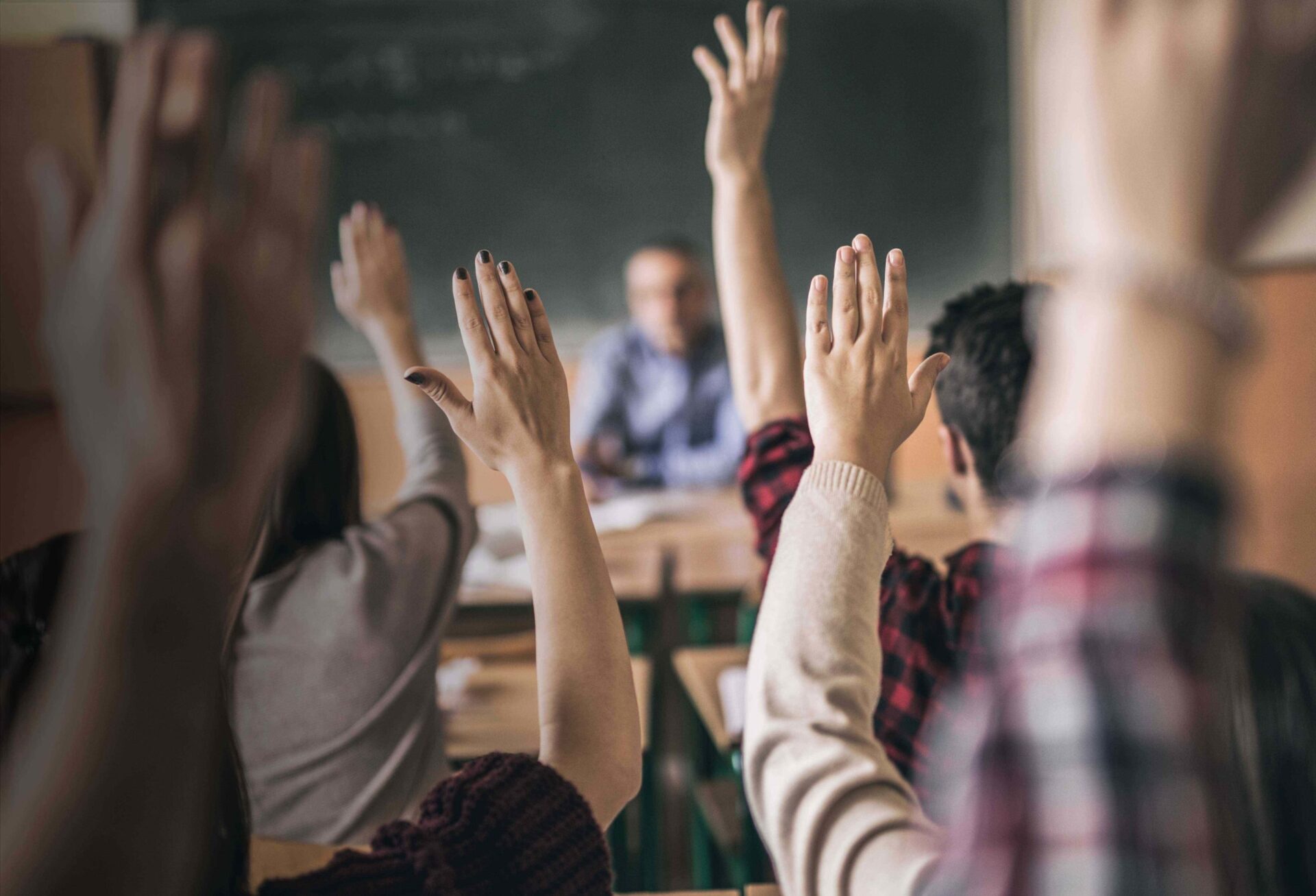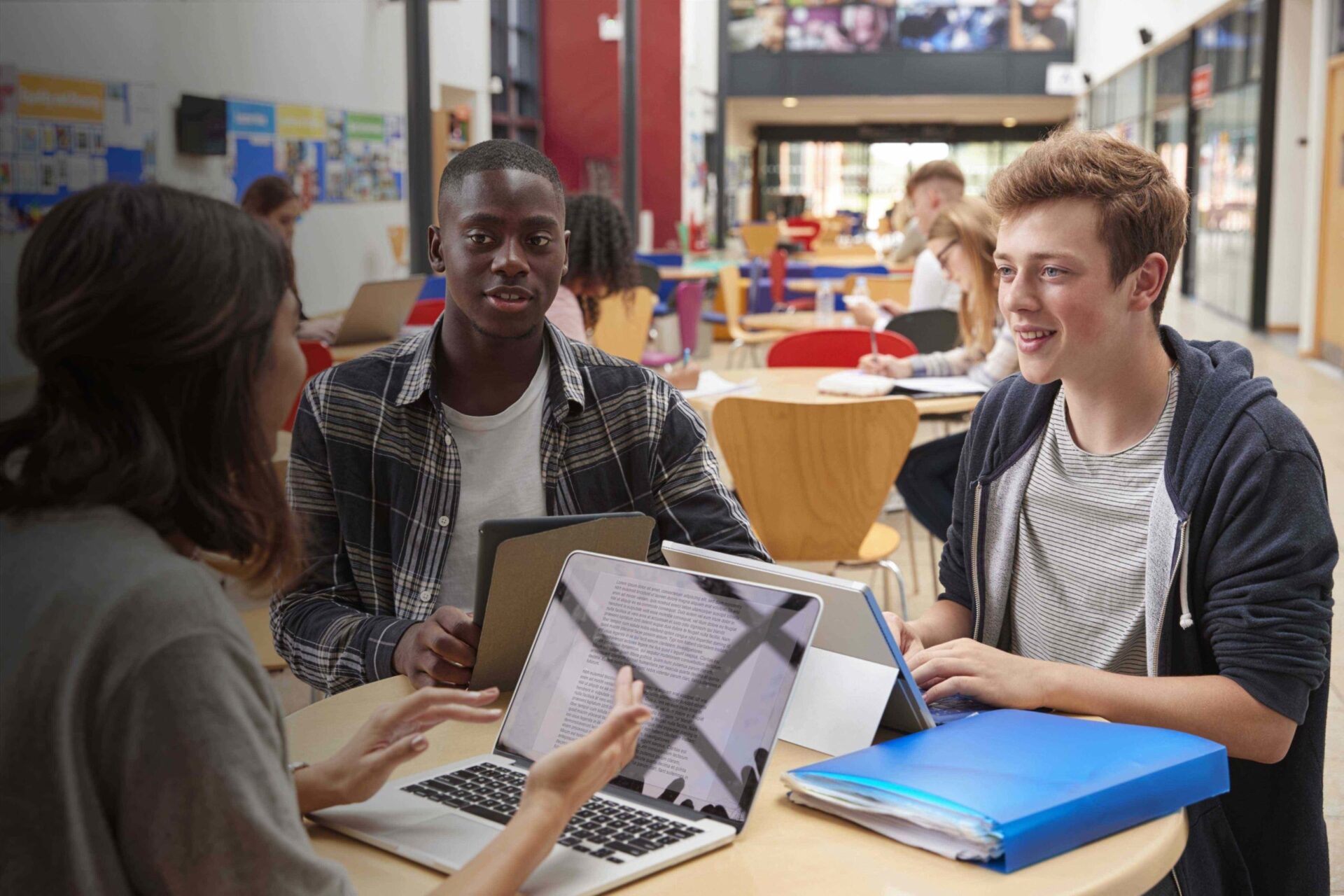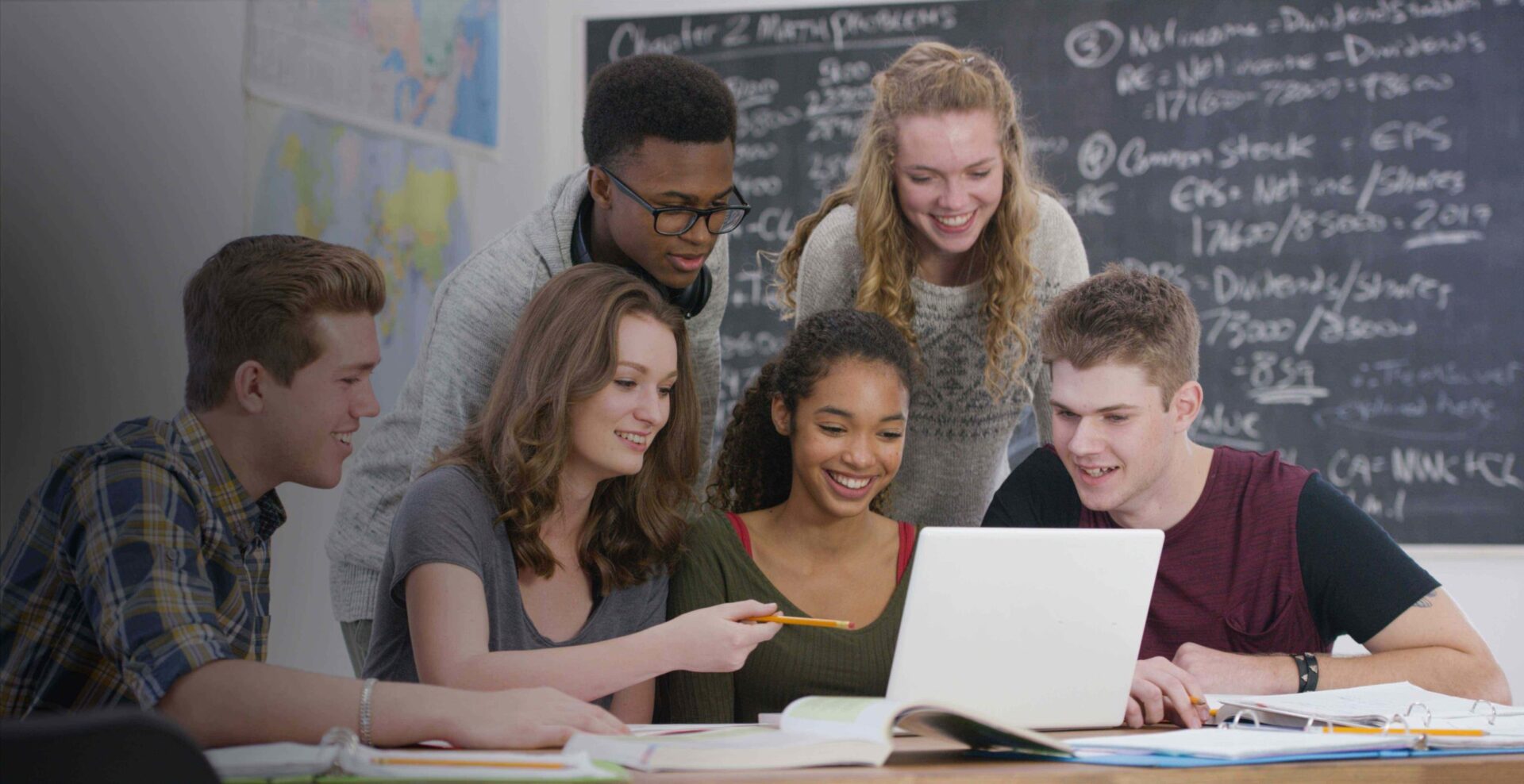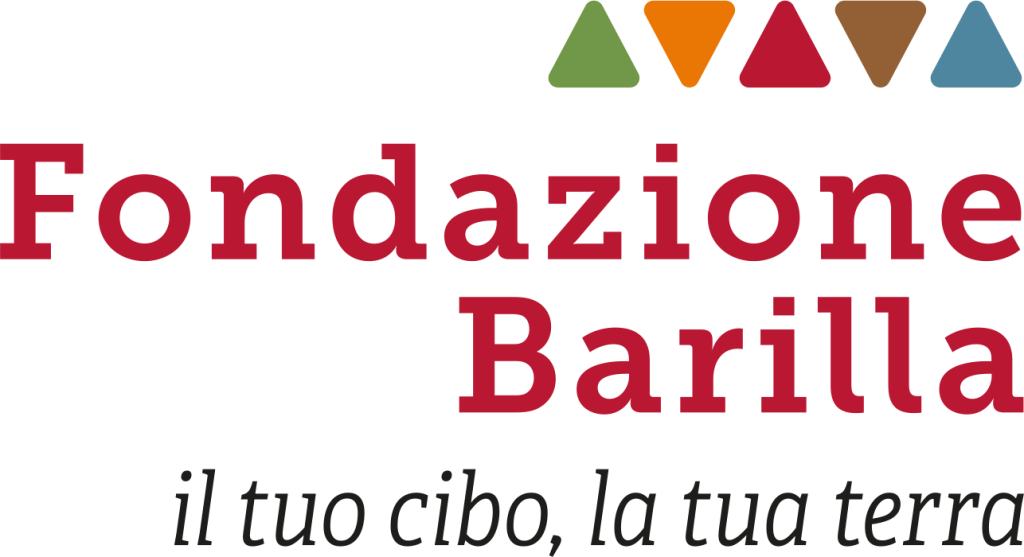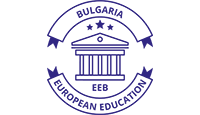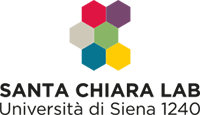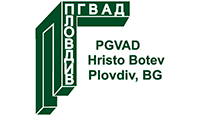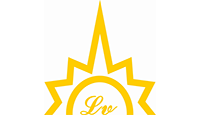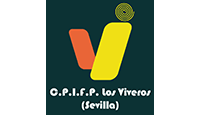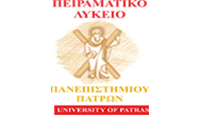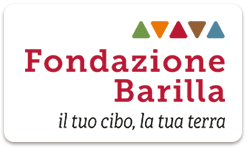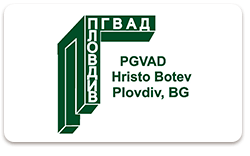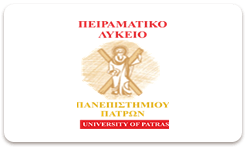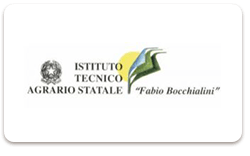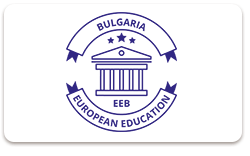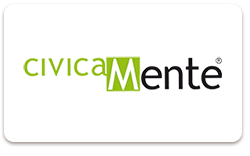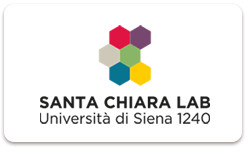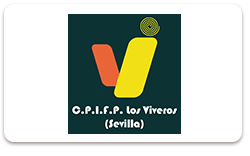Държавен институт за висше средно образование
Г. Галилей – Ф. Бокиалини
„Галилей – Бокиалини“ е гимназиален институт, занимаващ се с хранителната и селскостопанската индустрия.
Нашето училище осигурява различни нива на образование, като всички се занимават с храни и селско стопанство, което е ясното призвание на нашия регион, Емилия Романя. По-специално, град Парма и околностите му имат ясно призвание за преработка на храни, това е причината, поради която е толкова важно да се подобрят тези видове училища и да се правят по-гъвкави, готови за иновации и промени.
Училищната програма се основава на съществуващите силни страни в науките за околната среда, биологията, химията, физиката, науките за растениевъдството, науките за животновъдството, икономиката на агробизнеса, методите за оценка на недвижимите имоти, математиката, хуманитарните науки. Програмата е предназначена да помогне на студента да осъществи важни връзки между природния свят и човешките дейности чрез интердисциплинарен подход към земеделието. Учениците научават за връзките с природния свят, като взаимодействието на въздуха, водата, почвата и растенията, които им осигуряват база от знания и технически умения, необходими за успех в кариерата в агрономията. Развиването на човешки връзки с други студенти, преподаватели, бизнес лидери и държавни агенции увеличават техните умения за комуникация и мрежи, необходими за успеха на пазара.
Училището „Галилей-Бокиалини” се посещава от над 1500 ученици. Там работят около 200 учители.
Различните местоположения на училището са две:
• Техническо средно училище „Галилей“ се намира в Сан Секундо;
• Средно техническо училище „Bocchialini“ се намира в Парма.
По време на петгодишното изучаване на курса учениците имат възможност да следват няколко лабораторни дейности в друга, за да подобрят своите професионални умения. За тези дейности те разполагат със земеделското стопанство и индустрията (Food Farm 4.0) с модерно технологично предприятие за преработка на храни и някои оборудвани училищни лаборатории, включително нова винарска изба.

